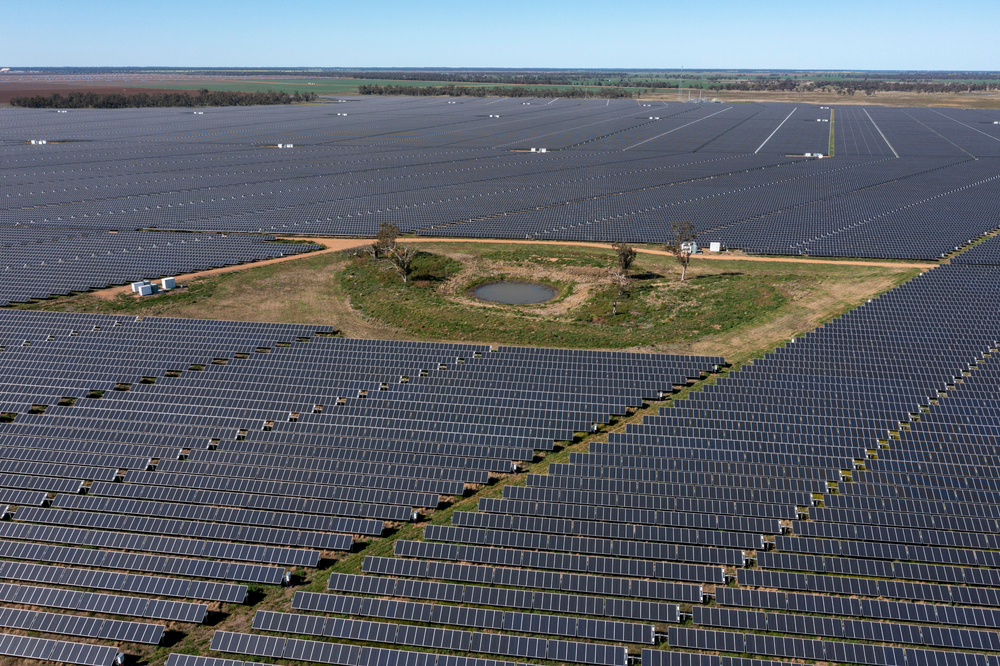Regional Capitals Australia (RCA) has called on the Federal Government to introduce new safeguards to ensure regional communities are appropriately consulted and protected in the race to meet Australia’s renewable energy targets by 2030.
RCA Chair and Mayor of the City of Albury Cr Kylie King said Australia’s rapid escalation into renewable energy meant that countless regional communities were potentially going to be affected by the impacts of wind and solar installations or new transmission lines.
“Regional communities are facing unfamiliar territory as they try and negotiate life on the frontline of Australia’s renewable energy transition,” Cr King said.
Minister for Climate Change and Energy Chris Bowen estimates that to achieve Australia’s emissions reduction targets Australia will need to install about forty 7-megawatt wind turbines every month until 2030, and more than 22,000 500-watt solar panels every day or 60 million by 2030.
In New South Wales alone, the Electricity Infrastructure Roadmap estimates that there will be a $32 billion investment in regional energy infrastructure by 2030 by a multitude of private companies, creating the potential for a piecemeal approach to community consultation, particularly where multiple investments are taking place in the one region.
“A nationally consistent framework that delivers baseline community investment and best-practice consultation should assist in delivery of a social licence,” Cr King said.
“Adherence to this framework should be a regulatory requirement for all project proponents seeking to operate in regional communities,” Cr King explained.
Front-line impacts of renewable energy installations can include loss of vegetation and wildlife, loss of public and private land, pollution (noise/air/ground), visual impacts and loss of local amenity and long construction phase and itinerant workforce leading to impacts on local roads, housing and services.
“RCA believes that regional stakeholders deserve a seat at the decision-making table to ensure that local communities have a real voice on the massive infrastructure projects occurring in their own backyard,” Cr King concluded.
